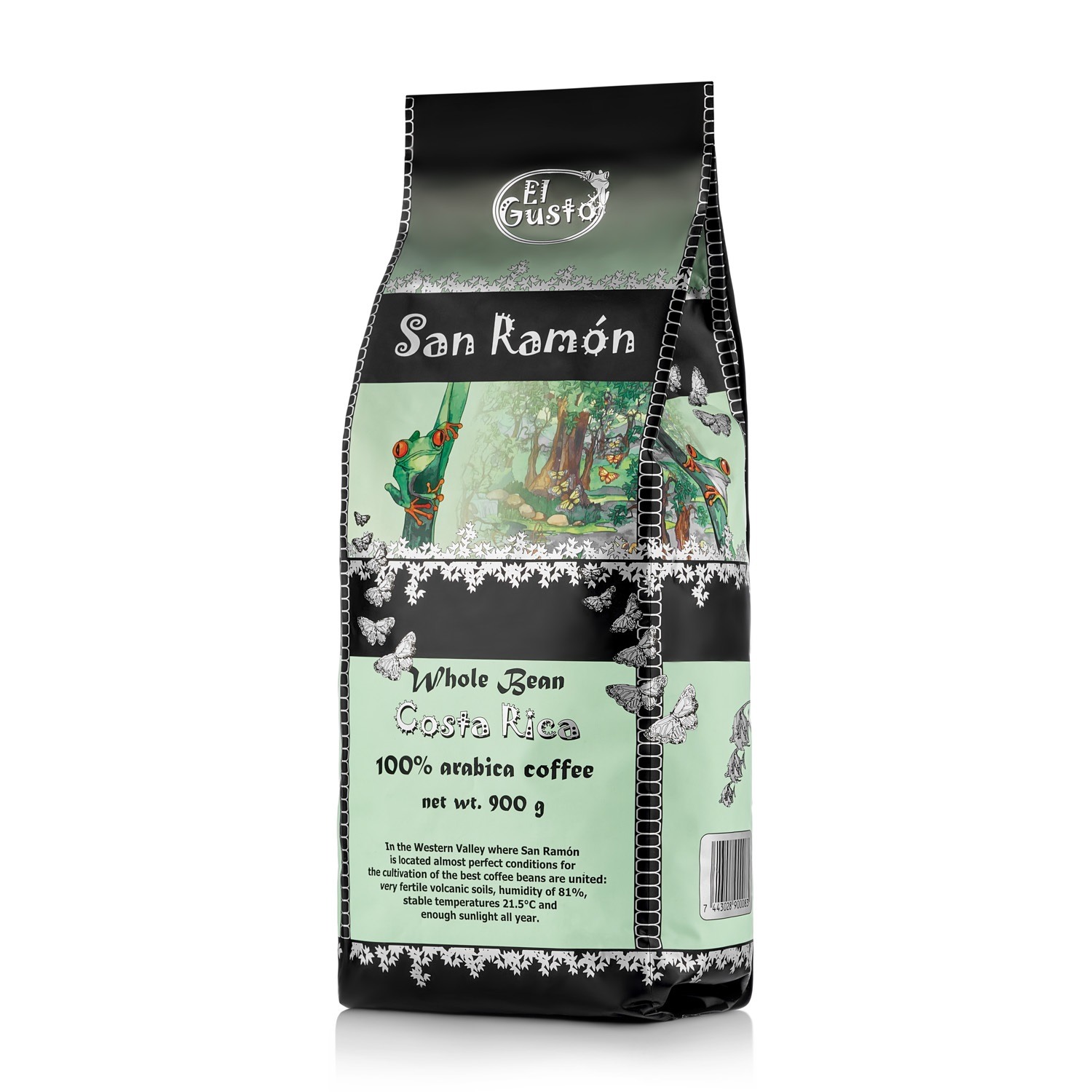
The History Of Coffee, Crisis and It’s Production
The History Of Coffee, Crisis and It’s Production
- Shelli Galici
- 27-10-2016
- 29-07-2025
- 4384 views
- Featured Articles, Information, Travel

As many of us were enjoying a sip of coffee every morning, at work or for an energy booster, did you know that behind our enjoyment is a messy trading coffee industry?
Coffee is one of the top five most consumed beverages in the United States where over 7.2 billion gallons or 27.2 billion liters consumed annually by Americans. That is why coffee producers around the world need to produce millions of kilograms of coffee to meet the demands of eager consumers.
Brazil the leading producer and supplier of coffee exported across the globe. During the 19th century, the Brazilian coffee has become the top world traders filling up the European and American continent. Coffee exporters are spreading along 13 Brazilian states but the largest ones are located in the states of São Paulo, Minas Gerais, Rio de Janeiro, Espírito Santo, Bahia, Paraná, and Goiás.
Coffee plays a major part of the Brazilian history. Going back to history on how coffee was discovered in Ethiopia, the coffee plant was brought to Brazil by some French Settlers during the 18th century, and from the North of Brazil, the coffee fields starts to spread along the country. During that time, Brazil’s coffee plantation was concentrated only along the shore area for an experience that no one have thought it will become the Brazil’s bloodline to raise up their economy.
After the sugar cane started to loose its worth in the International market, coffee has begun to occupy the position as the most exported goods of Brazil. The Brazilian economy skyrocketed, and a new society formed called coffee barons ruled by the wealthy owners of the grain’s plantations.
The coffee barons overruled the economy of Brazil and also the political power first contributing to the Proclamation of the Republic as well as appointing the country’s future president. Coffee slavery started to begin during this era and the same time experienced a great progress in their economy, with the elite agrarian investing in banks, infrastructures, transportation, and industrialization.The billions of money earned from the coffee export are the essential things that brought out the country’s major changes in the society, economy, and culture.
Coffee slavery has been abolished in 1888 and has become the start of coffee’s dark ages, where coffee production almost collapsed because of lack of labor. The only solution that the government has is to encourage European immigrants to work in the Brazilian coffee fields. During this time European workers accelerates Brazil’s urbanization and increase internal market, that slowly changes the face of Brazil forever.
In year 1929 Brazil experienced a great coffee depression that even steadiest and most profitable activities couldn’t survive this era. During this time United States is the top buyer of Brazilian coffee followed by the European country. The coffee price went down, and thousands of coffee bags were burn bringing a terrible crisis to Brazil and to its producers who would never recover.
The big coffee crisis that Brazil encounters during the Republic has contributed to the End of Coffee Era in Brazil. Coffee producers and leaders in Brazilian economy are gradually loosing its awareness and shifting its focus to another economic activity.
Despite of many struggles, coffee did not loss its tittle to be Brazil’s top exported product in the country and remained the bread and butter of their economy. In today’s world we are enjoying the pleasure of Brazil’s coffee in many ways such as; green coffee, soluble coffee, roasted and ground coffee, concentrated and essential extracts, and coffee residues.























